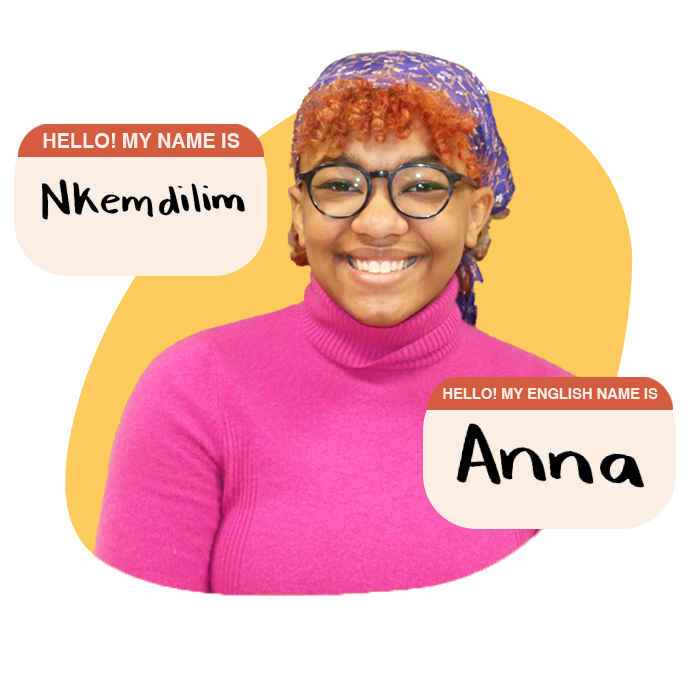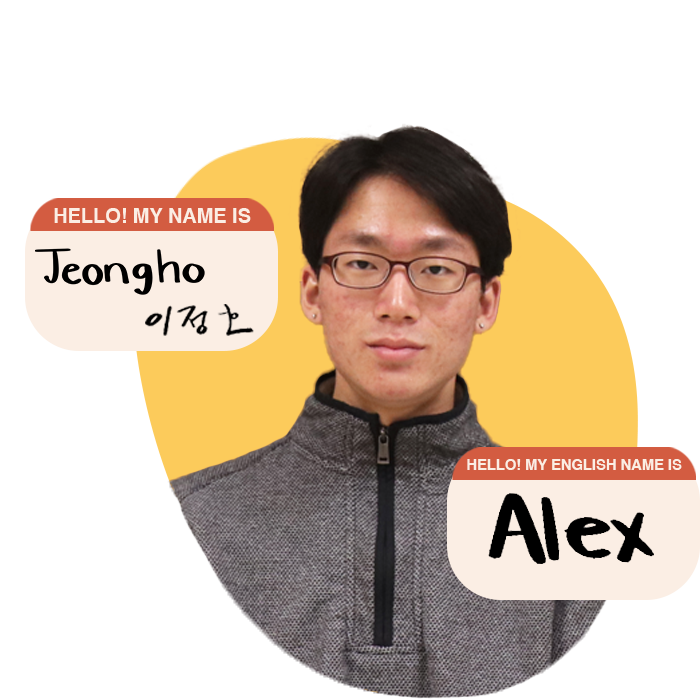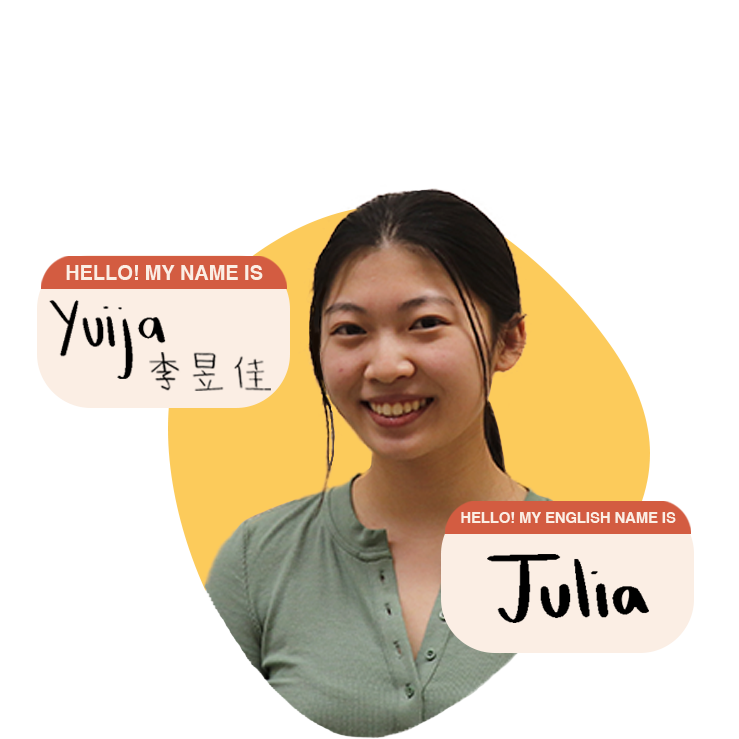Multiple-named students balance culture, identity
Tanya Keskar | The Chronicle

Names have many purposes but are often seen as a reflection of identity that stays constant throughout a lifetime. Students with two cultures in their lives, however, find themselves balancing life with two different names.
Balancing two names stems from many factors, including the difficulty that comes with a mispronounced name. Junior Julia Li, whose Chinese name is “Yujia”, moved from Beijing when she was four years old, and prefers to go by “Julia” in a school setting, but goes by “Yujia” at home.
Li started using an English name at school in second grade, a decision that was largely because the name “Julia” is easier to pronounce by American standards. Although Li has been balancing two names for many years now, she said that her two names tend to divide her school and home life.
“[My] name is kind of like a border between my ethnic and cultural life, and my life here, at predominantly American, white schools,” Li said.

Senior Jeongho Lee’s name means to “shine brightly”, and his English name is “Alex.” Lee moved from South Korea to Mason when he was in seventh grade, and experienced name pronunciation problems, cultural differences and a language barrier. In South Korea, Lee studied English at a basic level, as a second language, but was not fluent, and he faced difficulties speaking and understanding English in Mason.
Lee has also faced difficulties learning within a predominantly English school. He said that he enjoyed learning social studies and history prior to moving to Mason, but after, he found it difficult to pursue these fields due to the amount of reading comprehension required to succeed. Throughout middle and high school, Lee said that he found himself enjoying math more than history classes, as math courses require less English comprehension to understand, which has led him to decide to major in Mathematics in college.

“I definitely think that my school performance was affected by English,” Lee said. “I’m fine with listening to English and understanding it, but speaking English or reading English is a little hard.”
After many misspellings and mispronunciations, Lee felt obligated to go by an easier name “Alex”. Lee said that he likes his English name, but if everyone could pronounce his name correctly, he would prefer to be called by his real name because it makes him feel unique.
“Jeongho is only for me,” Lee said. “There is no other Jeongho in this school. The name separates me from others because it’s unique to me.”
This difference in names also creates what can feel like a difference in identity. Lee said that most people in his school life refer to him by “Alex”, while people in his home life refer to him as Jeongho, creating a divide with a tangible attachment to a name.
“I think I’m crazier when I’m Jeongho, showing who I actually am,” Lee said. “Compared to when I’m at school using Alex, I’m quieter.”
Sophomore Anna Matu, whose legal name is “Nkemdilim”, has used both names throughout her entire life. Matu’s first name is Nkemdilim but she goes by her middle name, Anna. The name Nkemdilim means “mine” and is from the Igbo tribe that Anna’s Nigerian dad is from. Matu said that she sees “Anna” as her nickname for regular use, and “Nkemdilim” as her formal name, but it has always been very normal for her to use both names.
“They both mean the same thing to me,” Matu said. “From the outside perspective, they are very different, because one is a very typical, American name, and one is very African, very Nigerian. When you’re a kid and you learn to write your name, it’s this big milestone. I remember being able to write both of them and being all proud.”
The culture in Mason has evolved tremendously over the past few years as the student population has become more diverse. Matu said that she appreciates the diversity of Mason.
“Even though there isn’t a huge African-American community in Mason, it was nice growing up in a school where even though it is majority white, there’s a lot of other cultures, so you never truly feel singled out,” Matu said.
Mason’s diverse student population has also led to more emphasis on inclusivity and understanding of different cultures. Li said that continuing to take steps towards creating an inclusive culture is crucial.
“It’s hard because we’re not exposed to everything and everyone, so there are going to be stereotypes. I think it’s good that people are working towards [an inclusive world], and I think if we continue to work towards it, that’s all I can ask for.”
Illustrations by Alisha Verma and Nishka Mishra
